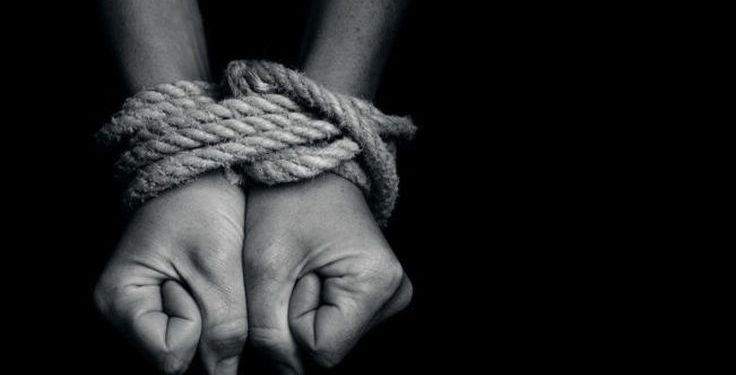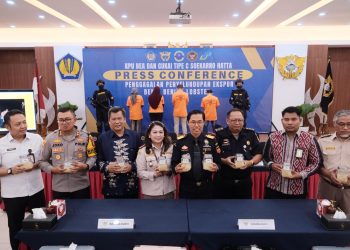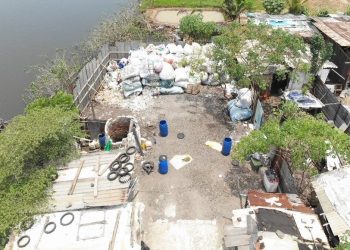Jakarta, Indonesia Sentinel — Indonesia’s National Police (Bareskrim Polri) revealed 397 human trafficking cases between October 22 and November 22, rescuing 904 victims and arresting 482 suspects in the process.
“We successfully uncovered 397 cases involving human trafficking networks, apprehended 482 suspects, and saved 904 victims,” said Police Criminal Investigation Agency Chief Commissioner General Wahyu Widada during a press briefing on Friday, November 22, as reported by CNN Indonesia.
Diverse Roles and Deceptive Tactics
The suspects had various roles, including recruiters, brokers, shelter operators, and pimps. Wahyu highlighted the numerous schemes used to exploit victims.
One common tactic involved promising victims legitimate employment abroad, only for them to arrive and face drastically different and often exploitative working conditions. “Some of our workers were even forced into sex work,” Wahyu explained.
Other schemes included coercing victims to sign debt bondage agreements, seizing passports and documents upon arrival, and exploiting minors by luring them into sex work through online platforms.
“They target children via online applications, turning them into commercial sex workers or hostesses, both domestically and abroad,” Wahyu said.
Victims were also deceived with promises of high-paying jobs, only to end up in illegal factories, plantations, or aboard ships across Southeast Asia.
There is also a scheme that forced victims to work as crew members (ABK), often without proper training, safety protocols, or formal agreements. “They are moved from ship to ship without their consent and subjected to abusive working conditions, including physical violence for failing to meet targets,” Wahyu said.
Legal Consequences and Financial Impact
The suspects face charges under Article 4 of Indonesia’s 2007 Anti-Human Trafficking Law, which carries a maximum penalty of 15 years in prison and fines up to Rp600 million ($38,000). Additional charges under Article 81 of the 2017 Migrant Workers Protection Law could lead to up to 10 years in prison and fines of Rp15 million ($950).
Wahyu also noted the financial impact of the crackdown. “We managed to prevent state losses of approximately Rp284 billion ($18 million),” he said.
Human trafficking remains a significant challenge in Indonesia, with authorities striving to dismantle complex networks and protect vulnerable populations. Wahyu emphasized the need for stronger enforcement and collaboration to curb these crimes and safeguard future victims.
(Raidi/Agung)


























